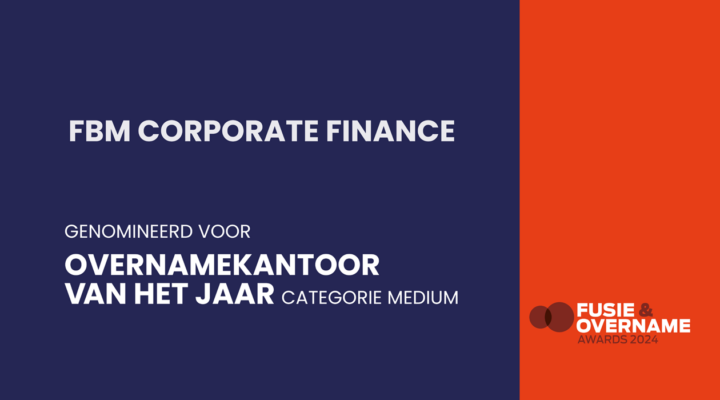Is debt financing not possible? Then you can also look at financing by expanding the equity. Loan capital is often preferred because it can often increase the return on equity. After all, when the return on equity is higher than the interest payments, a leverage effect occurs.
In addition, when you expand equity, you often have to deal with new shareholders. This means that suddenly other people have expectations and co-determination regarding the course you are taking. Therefore, expanding your equity should always be and informed choice.
Are you open to new investors? Below we list a few opportunities for you.
Friends, family & fools
Do you have a brilliant idea for a start-up? But no track-record and own capital yet? Then family and friends often qualify initially for limited funding. Make sure you keep costs low and build a basic version of your product or service so you can prove it in the market. Once you have customers and sales then finding investors becomes a lot easier.
Informals
Informal investors are investors who invest equity in your business. Financing through an informal investor is interesting when you have no equity and a loan is not an option. For example, because the risk is too great. An informal investor (or business angel) participates in the equity and therefore looks on with you as a shareholder. Informals are often former entrepreneurs who enjoy being involved in new companies.
Venture Capital
Is your company progressing from the initial startup (or seed) stage and looking to scale up quickly? Or does your company have an innovative product or service with high growth potential? Then venture capital (VC) may be of interest. VCs invest capital in exchange for shares and are willing to take big risks. These venture capitalists are willing to do so because they also expect high returns. So if you join forces with a VC, you have a shareholder who has high expectations for your growth and will continuously challenge you on this.
Private Equity
Venture capital funds and private equity (PE) funds are similar in the sense that they both invest in the equity of your company. Both aim to increase the value of the company and expect to make returns through an exit after 5 to 8 years. Whereas VCs focus on scale-ups and innovation, PE focuses more on proven companies and management teams with a plan to create value. For example, is your company in a consolidating market and looking to grow through acquisitions? Then PE can be a great fit.
Private Equity and Venture Capital parties establish funds that typically have a term of 8 to 12 years. The fund is actually a pool of money from investors on which returns are expected over this period. So these parties always look in advance at the possibilities of selling your company again after a period or another way to capitalize on the value creation (the exit). Investors in these funds include institutional investors and high net worth individuals or families.
Family Office
A family office is a service provider that supports in managing the private wealth of one (single family office) or several (multi family office) wealthy families. The family office coordinates the cooperation between all professionals involved, such as the lawyer, private banker, accountant and tax specialist of the family so that the specialists cooperate and reinforce each other. In doing so, the family office ensures preservation and growth of the family wealth for future generations, and protection of the family’s core values. A family office can play a central role in family investments in specific companies or private equity funds.
Retained dividend
Finally, we mention dividend withholding here. This is interesting when it is known that investments have to be made in the coming years. Or when shareholders consider investment in growth more important than an annual dividend. After all, profitable companies can choose not to pay dividends (for several years), and build up a profit reserve to finance the company. This makes the company less dependent on debt capital, but reduces the previously mentioned leverage on equity.
Crowdfunding
Crowdfunding is a relatively new form of financing. Literally, crowdfunding means: financing through a group. The essence is that you enthuse as many people as possible to invest in your plan so that many people are willing to invest a limited amount. When you use crowdfunding to expand your equity, the “crowd” co-invests in your company (e.g., through a STAK), with the expectation of making a return through dividends or capital appreciation.
The Netherlands now has many crowdfunding platforms. Some well-known parties are: Collin Crowdfund, Duurzaaminvesteren.nl and Geldvoorelkaar.
Are you considering an expansion of your equity? Stop by FBM Corporate Finance to discuss the possibilities together without obligation.
What funding fits my situation?
Financing and entrepreneurship are inextricably linked. After all, realizing your entrepreneurial ambitions often requires capital. Consider, for example, investments in growth, innovation, capital-intensive production goods or the acquisition of a competitor.
In this e-book, we discuss finding the right financing for your plans. And with the current interest rate developments and changing role of the bank, among other things, there are more and more aspects involved. Fortunately, there are also more and more opportunities.







